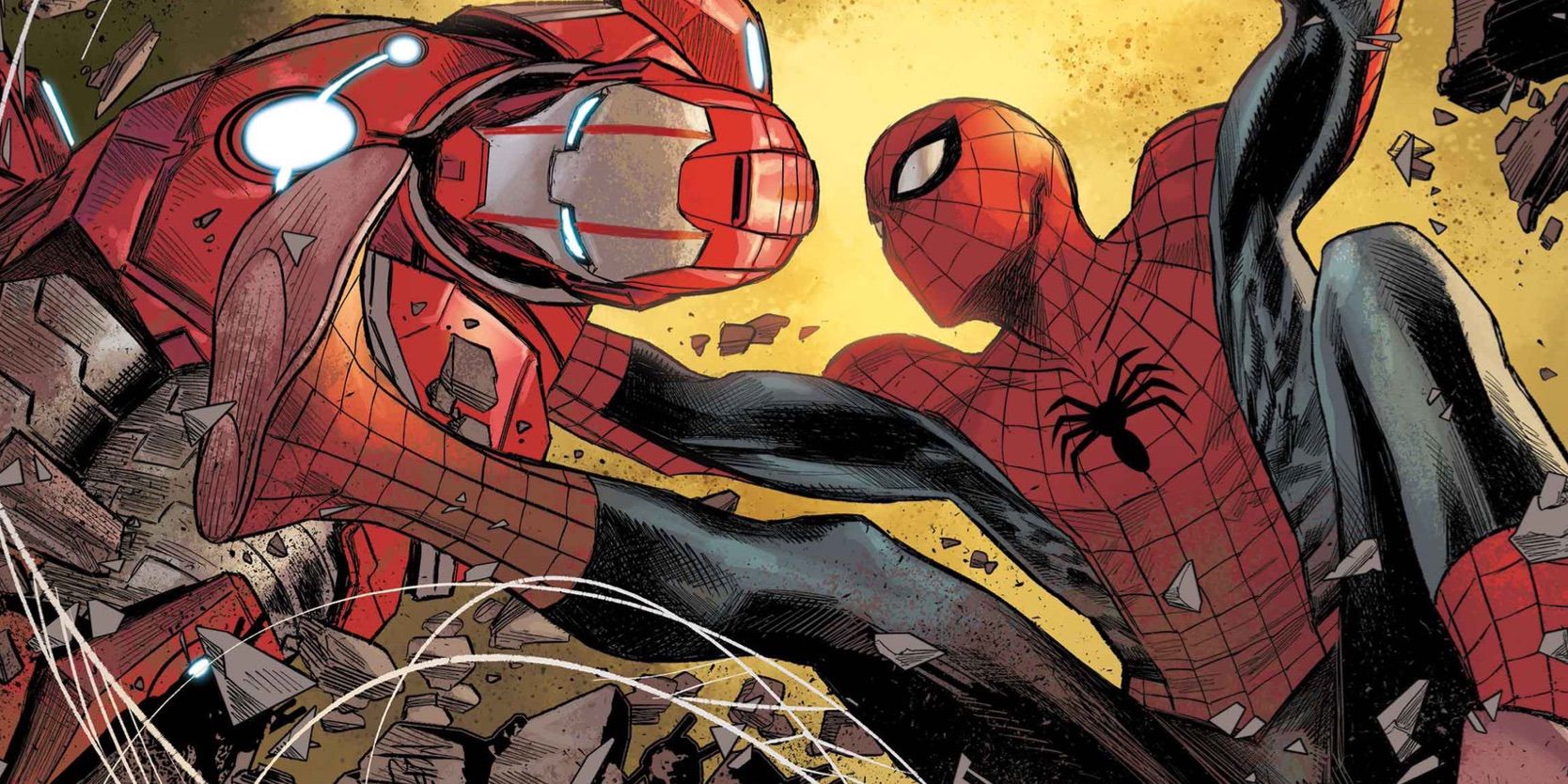Warning! Spoilers ahead for Fair Play.
Fair Play director Chloe Domont explains Emily’s final moments in the movie and how the character achieves closure. After premiering earlier this year at Sundance and earning strong reviews, Fair Play was finally released at the beginning of October on Netflix. The erotic thriller stars Bridgerton‘s Phoebe Dynevor as Emily and Solo: A Star Wars Story‘s Alden Ehrenreich as Luke, two analysts at the cutthroat hedge fund whose relationship begins to violently deteriorate when one of them receives a promotion.
Following its release on Netflix last week, Domont now breaks down the Fair Play ending in a recent interview with Elle. The director explains the significance of Emily telling Luke to clean his blood off her floor and leave, detailing how the moment intersects with Luke’s own arc after she cuts him with the kitchen knife and forces him into submission. Check out Domont’s full comment below:
“We’ve seen her go back to him before, and so I wanted to just tee up the audience to believe, ‘Oh my God, is she going to go back together with him again? Is this going to be a moment where they just both submit to a life of pain and dysfunction?’
“As you’re sitting with that, then she undercuts him with the [line], which is, ‘No, I’m actually done with this, and I’m done with you.’ It’s almost like she holds him for the last time, and once she does that for the last time, it’s a light switch. She’s now past it, and she’s out, and that’s it.
“This is a man who refuses to accept this submissive role…but as soon as she forces him into submission, that’s when he’s able to release it all.”
Fair Play’s Ending Explained

While Luke and Emily start Fair Play as a happy couple, things quickly go downhill after Dynevor’s character is promoted to a leadership role that Luke thought he was going to get. Over the course of the film, Luke’s jealously boils over, unearthing far more than just his competitive professional edge. Luke refuses to accept his own shortcomings as a person and genuinely believes that the only conceivable reason she would earn the promotion over him is if she was sleeping with their boss.
After a screaming match in which Emily tells Luke the truth – that not only was he not considered for the promotion, but that their boss actually hired him as a favor to a friend and hopes that he quits – Luke truly goes off the rails. Still, he can’t accept Emily’s version of events. The anger and resentment building within him eventually culminates with a scene in which he violently sexual assaults Emily in a restaurant bathroom, a physical manifestation of the abuse and manipulation he’s subjected her to throughout the film.
Fair Play‘s ending confrontation sees Emily reclaim a position of power, shutting down Luke’s manipulation and exerting her own dominance after the sexual assault. Genuinely afraid for his life, Luke collapses to his knees and finally accepts his own failures, apologizing and pleading that he will do anything to make Emily feel okay after his actions. Only after Luke has reached a state of total submission has Emily achieved her goal, her justice, with Fair Play‘s final scenes hammering home just how these two characters will be totally changed moving forward.




